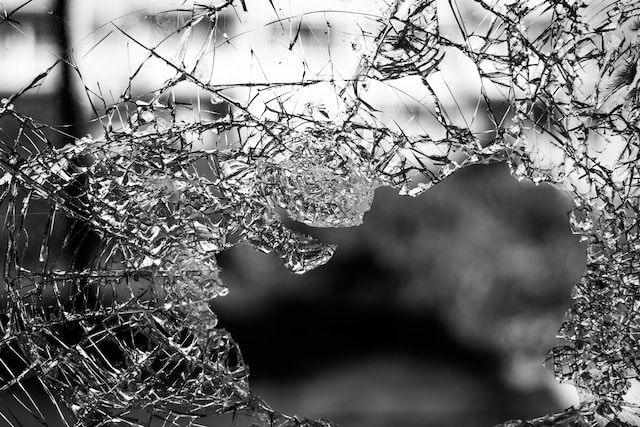The term Complex Trauma and borderline personality disorder (BPD) are often confused as being the same thing, but they are actually two distinct ideas with some overlapping symptoms. In this blog, we will explore the similarities and differences between the idea of complex trauma and the diagnostic category of BPD.
Complex Trauma
Complex trauma is not currently (April 2023) a diagnosis. When the term complex trauma is used there is no internationally recognised definition for this. In contrast if one was to use the term complex PTSD (CPTSD) there would be a recognition of this across the world. Similarly, borderline personality disorder (BPD) is a diagnostic category that is widely understood.
The term complex trauma usually refers to repeated and prolonged exposure to traumatic events, such as abuse, during childhood or adolescence. This idea of exposure is part of the complex PTSD. However, the possibility exists where someone may develop CPTSD even with limited exposure. This is because a prerequisite for CPTSD is that you have post-traumatic stress disorder (PTSD). For the rest of this blog we will discuss the difference between CPTSD and BPD, because Complex Trauma is not a diagnosis.
Borderline Personality Disorder
BPD is a mental health condition characterized by a pattern of unstable moods, relationships, and self-image. Individuals with BPD often struggle with emotional regulation, impulsivity, and fear of abandonment. They may also engage in self-destructive behaviors, such as substance abuse or self-harm.
Complex PTSD
After meeting the criteria for PTSD, complex PTSD is distinguished by severe and persistent; 1) problems in regulating mood and emotion; 2) beliefs about oneself as diminished, or worthless, with feelings of shame, guilt or failure related to the traumatic event; and 3) difficulties in maintaining relationships and feeling close to others. These symptoms cause significant difficulty in personal, family, social, educational, occupational or other important areas of functioning.
Similarities and Differences
Both complex trauma and BPD can lead to symptoms such as emotional dysregulation and difficulties with relationships. However, complex PTSD is a response to external events, while BPD is a personality disorder that is not necessarily tied to a specific traumatic event. Additionally, individuals with complex trauma may experience symptoms of PTSD, while individuals with BPD may not. Commonly it is thought that many people with BPD have been exposed to traumatic experiences. However, BPD and CPTSD are not the same thing. Of course the possibility also exists that a person may have both problems.
Treatment
Treatment for CPTSD and BPD may also be different, or similar depending on the individual. Currently (2023) there are no specific therapies developed for the treatment of CPTSD, as it is a relatively new diagnosis . However, there are therapies that have been developed for PTSD that during the development are likely to have treated people who met the criteria for CPTSD. THis includes therapies like cognitive processing therapy (CPT) and Prolonged Exposure (PE). For individuals with CPTSD, therapy may focus on processing and healing from past traumatic experiences. However, they may also need skills to improve relationships and manage their emotions.
For borderline personality disorder there are a number of specific therapies that have evidence that shows they are effective. This includes dialectical behavior therapy (DBT) and Schema Therapy (ST). For individuals with BPD, therapy may focus on developing skills for emotional regulation and improving interpersonal relationships.
At the Centre for Clinical Psychology. Our team has training and experience in providing evidence-based psychotherapy approaches that have been shown to be effective in treating BPD and CPTSD. We work collaboratively with our clients to develop personalized treatment plans that address their unique needs and goals. If you are struggling with CPTSD or BPD, we are here to help. Contact the Centre for Clinical Psychology in Melbourne by calling 03 9077 0122 or visiting https://ccp.net.au/booking/ to book an appointment with one of our experienced clinicians. We are committed to helping you achieve better mental health and improved quality of life.



